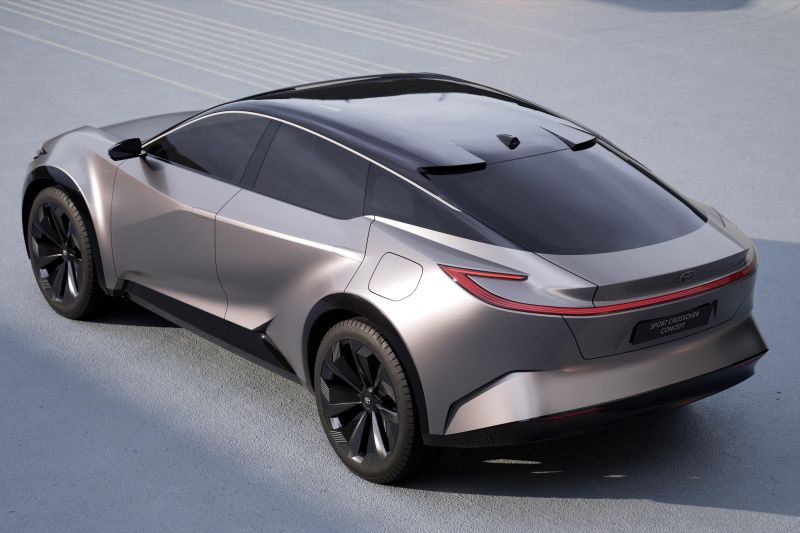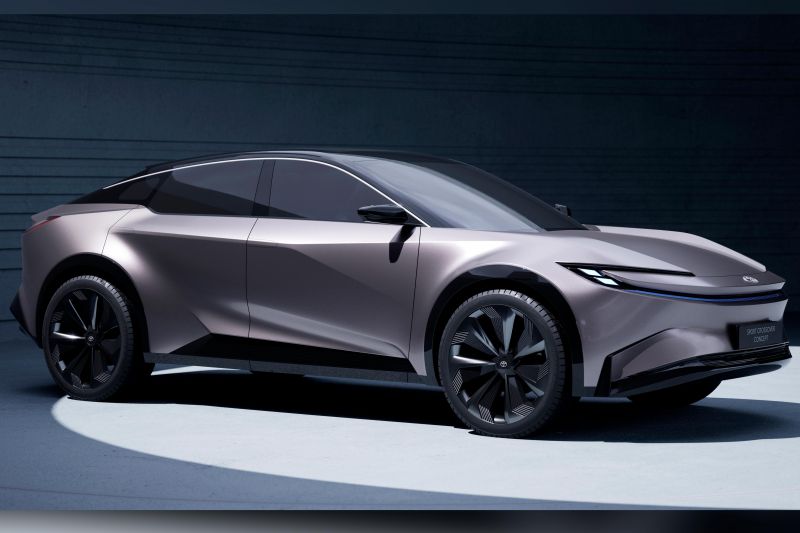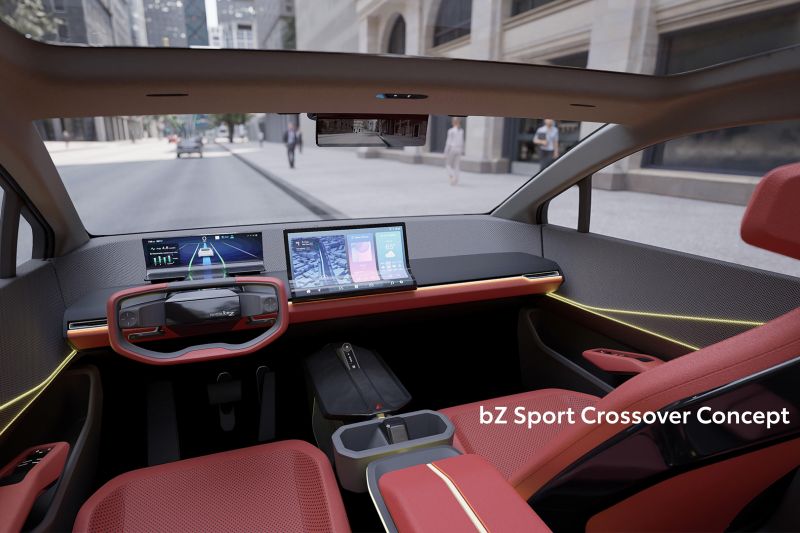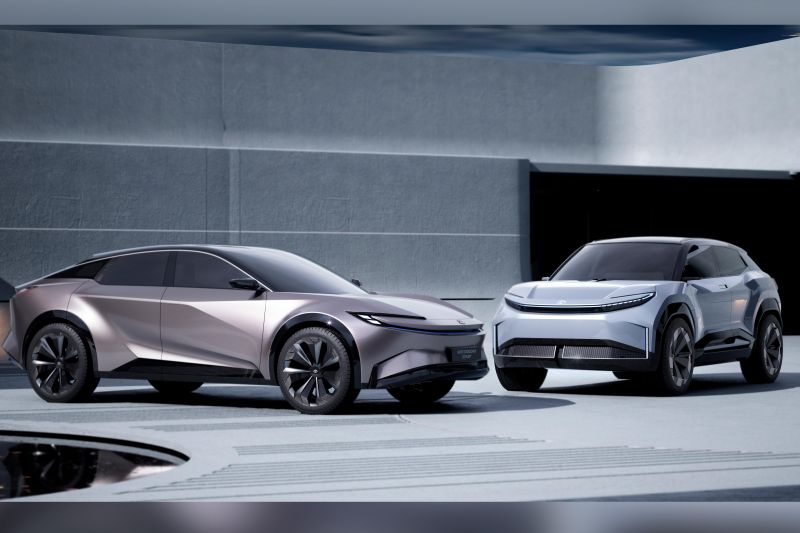Toyota’s sleek new fastback electric crossover won’t be exclusive to China after all.
Revealed at April’s Shanghai motor show and previously thought to be a China-only model, the Sport Crossover Concept has now been confirmed for a European launch in 2025.
The Sport Crossover was co-developed with BYD and FAW, a Chinese car manufacturer based in Changchun, not too far from the border with North Korea. FAW operates one of two manufacturing joint ventures with Toyota.
Details on the Sport Crossover concept remain scant, including whether this vehicle could see Australian shores.
What is known however, is that the Sport Crossover is aimed at Gen Z buyers. The Sport Crossover combines “active, iconic styling” with “functions [that] will continue to evolve after purchase”, presumably via over-the-air updates and online store purchases.
While Toyota didn’t release interior images with the concept’s European debut, the car displayed at Shanghai featured red mesh seats, yellow highlights, and a curved infotainment touchscreen.
This isn’t the first time Toyota has partnered with a Chinese manufacturer on electric vehicles (EVs) however.
The bZ3, a China-only electric sedan, uses Toyota’s e-TNGA architecture but a BYD-developed lithium iron phosphate battery pack.
The Tesla Model 3-sized sedan could offer clues to what specs the Sport Crossover could potentially field.
At launch the bZ3 is available with a choice of two powertrains, producing either 136kW or 183kW, and both feature a single-motor rear-wheel drive layout.
The bZ3’s lithium iron phosphate battery provides a claimed range of over 600km on the more lenient CLTC test cycle.
Toyota aims to ensure 90 per cent battery capacity even after 10 years of use, made possible by leveraging its own electrification expertise and that of BYD.
At the Shanghai motor show, the Sport Crossover concept was revealed alongside an electric people mover, the bZ FlexSpace Concept. It’s unclear if this, too, will be sold outside of China.
The Sport Crossover is part of Toyota’s “multipath” strategy to achieve carbon neutrality through products that feature “advanced, alternative fuel and zero-emissions powertrain technologies” – i.e. a mix of electric, hybrid and hydrogen fuel-cell vehicles.
The company plans to introduce six EVs into Europe by 2026, including a production version of the just-revealed Urban SUV Concept.
Such models will help Toyota Motor Europe on its way to sell only zero-emissions vehicles (ZEV) in that market by 2036 and reach carbon neutrality by 2040.
Although Toyota has been accused of being late to the electric charge, it has set a goal of 3.5 million EV sales by 2030 – approximately a third of its current output.




